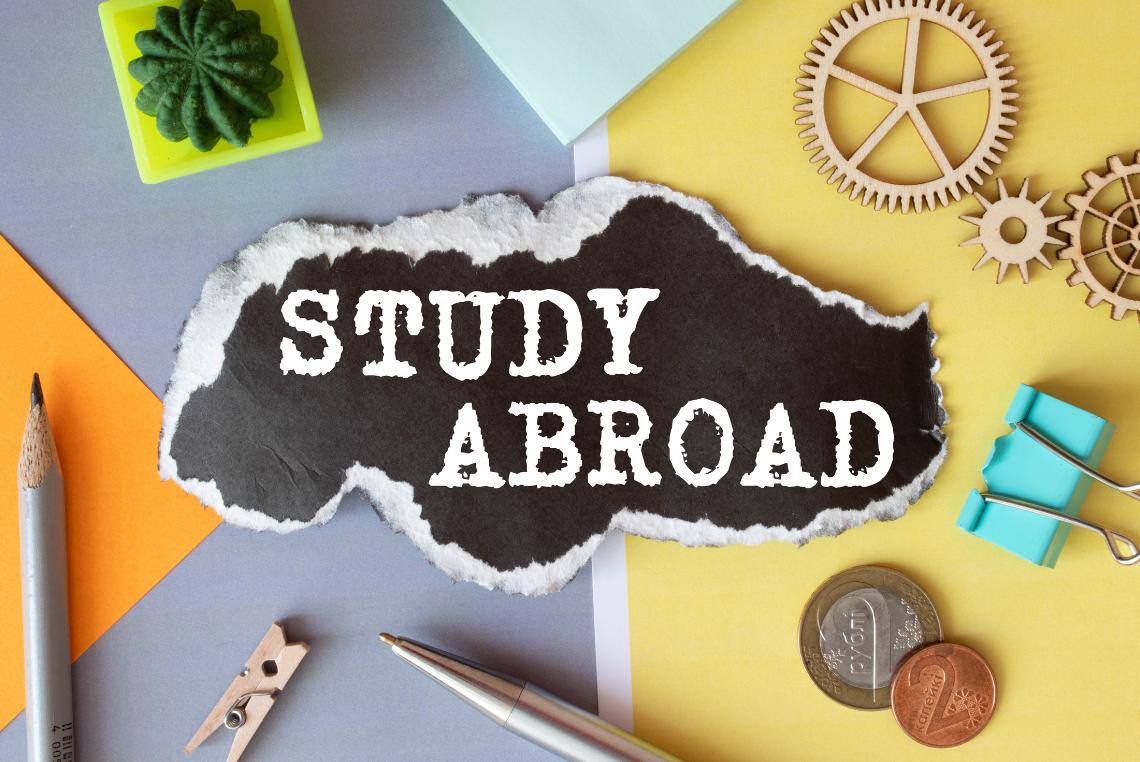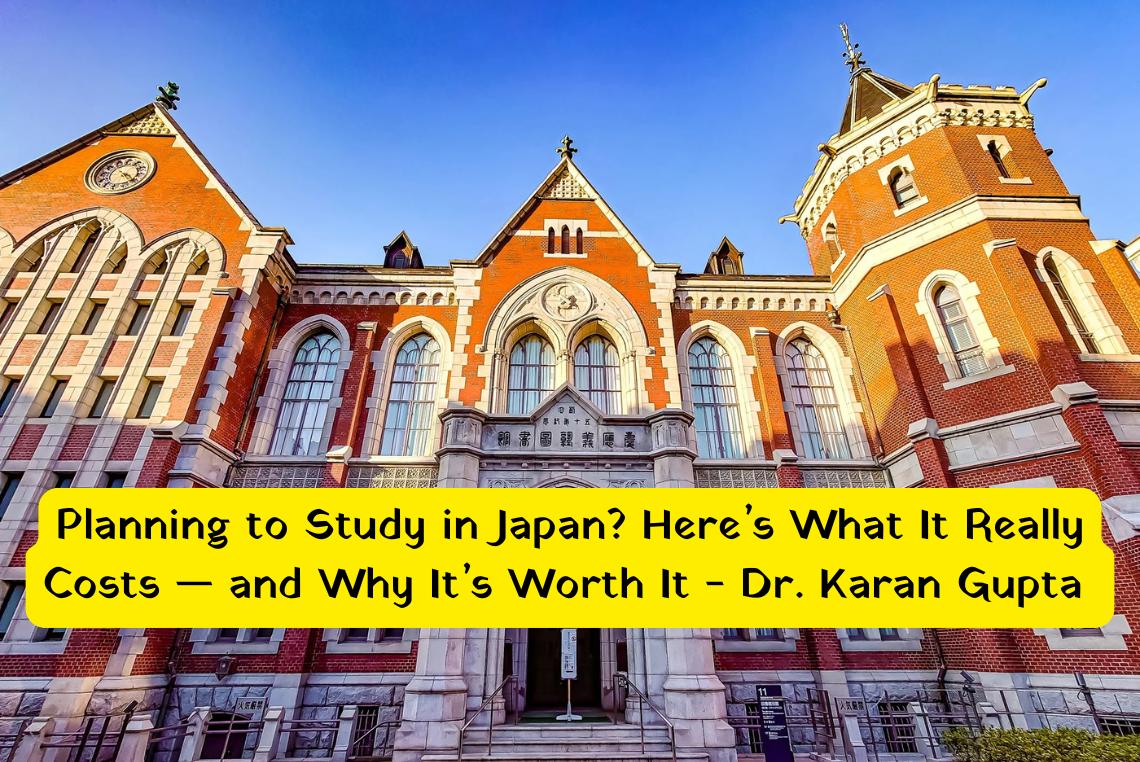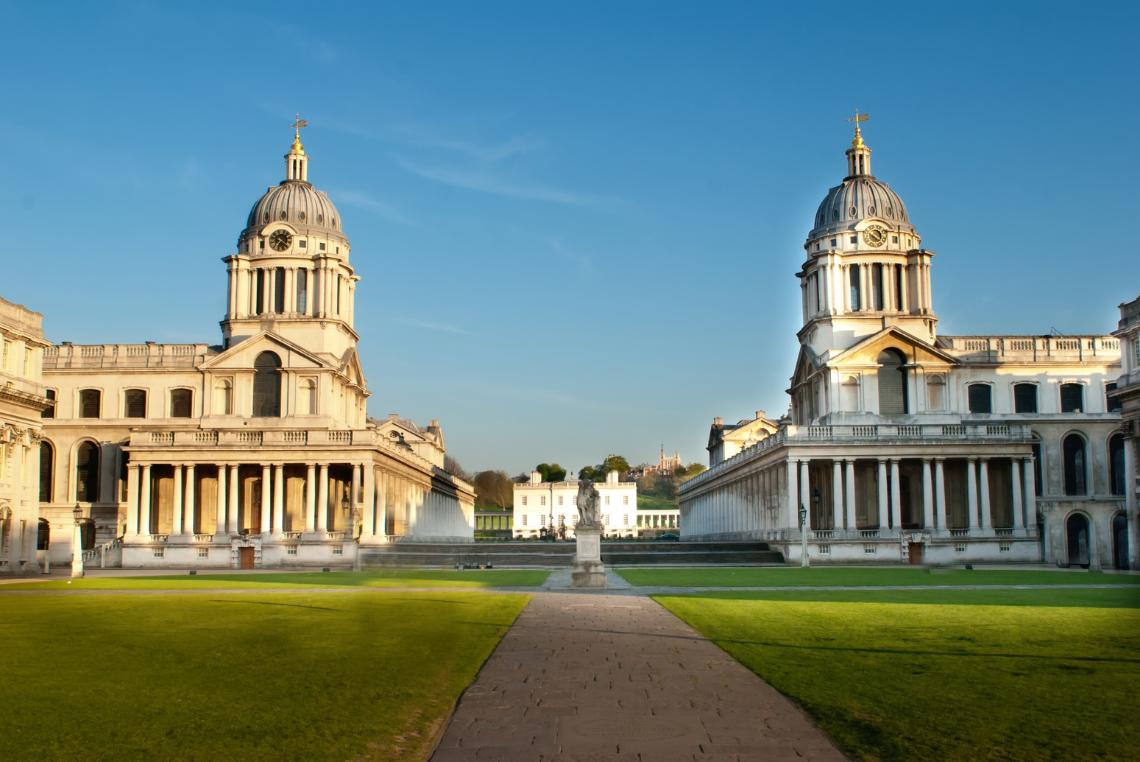Studying in the East

Written by Overseas Education Consultant and Study Abroad Career Counsellor in Mumbai, Karan Gupta
“Australia is an internationally recognized source of high quality education as well as research excellence. Our universities, vocational education and training colleges and schools are world- class. And Australia is a world leader in English language courses for international students. Australian Government legislation requires quality assurance agencies and codes of conduct to be in place so that international students in Australia and their parents enjoy a level of service and financial protection that is unrivalled. Multicultural Australia is a safe, friendly, sophisticated, and harmonious society in which students can learn and travel in an English speaking country. Australia also offers excellent value for money and a high standard of living,” states the Australian Government website.
Universities such as Australian Graduate School of Management, Melbourne Business School and University of Sydney are considered among the top business schools of Australia. Students applying for admissions to MBA programs, students should appear for the GMAT as well as the IELTS and should have sufficient full time work experience.
While studying, Australia allows you to work off campus for a maximum period of 20 hours per week. And during vacations you can double this limit to work for 40 hours per week. However, you do not get ‘automatic permission’ to work off campus but in fact have to apply for permission to work while enrolled as a student.
Australia has the most rigid work permit regulations as compared to the US, UK and Canada. However, the Australian government now issues work permits for students who have job offers and who manage to earn ‘enough’ points on their point system for work permits. Even though getting jobs in Australia after you graduate is not easy, the education is overall cheaper as compared to countries such as the UK and US. For example an MBA at ASGM would cost you around US$35,000 whereas an MBA at Harvard will cost you around US$75,000.
Often described as ‘heaven on earth’, New Zealand has 7 state funded universities in the whole country. The University of Auckland, University of Waikato, and Massey University are some of the well known universities in New Zealand. For admissions to MBA programmes in New Zealand you need to appear for the GMAT and the IELTS. MBA programmes in New Zealand range from 12 months to 24 months and the greatest advantage of studying in New Zealand is the cost factor. An MBA from the University of Auckland will cost you around US$20,000 for 2 years. This is way lower than any other MBA programme in the world. The disadvantage is that getting jobs after you graduate in New Zealand is not very easy.
Singapore
National University Singapore is the leading university in Singapore. Graduate students for MBA programmes will be required to take the GMAT and the TOEFL. Some universities in Singapore such as NUS only accept online application forms. Paper forms are not accepted.
Like the UK, undergraduate applicants to Singapore must submit their final examination results before the admission is confirmed. Other reputed universities in Singapore include Nanyang Technological University and Singapore Management University.
As a general rule, foreign students are not allowed to work in Singapore while studying. In rare cases, the government may issue permits to students to work part time while studying. After graduation the scenario is not that bright either and bagging a job can be a competitive ordeal. “It depends on your experience and qualification. Singapore labor law, like many other countries, gives priority to its own citizen first. Foreign citizens seeking employment in Singapore need to apply for a work permit or employment pass through their potential or prospective employer, subject to approval by the authority. Depending on the global economic growth, there will always be career opportunity in Singapore if you possess the relevant experience and skills,” states the Singapore Institute of Commerce website. Therefore, like New Zealand the disadvantage of studying in Singapore is the availability of jobs when you graduate and the advantage is the lower costs. A two year MBA from NUS will cost you only US$21,000.
Dubai
American University in Dubai will cost you around US$20,000 for your MBA. Even though most of these programmes need the GMAT, students can get admission without a GMAT score as well. The famous knowledge village hosts universities such as SP Jain, European University College Brussels, Mahatma Gandhi University, Institute of Management Technology, Manipal Academy of Higher Education, University of Wollongong and so on. These institutes provide an MBA and if you plan to study in Dubai you might want to consider the knowledge village. However, even though the cost of your MBA may be cheaper, remember that getting jobs in Dubai after this MBA is not easy and most students come back to India and try for placements here.
India
Without debate the best universities in India are the IIMs. Among the IIMs, the IIM-Ahmedabad has the best placements and is the most saught after school. The IIMs offer diploma courses in business management which are equivalent to MBAs degrees. Admission to the IIMs are extremely difficult with success rates of less than half a percent. Foreign students can appear for the GMAT for admissions to IIM while local students can appear for the CAT. Job prospects after an IIM postgraduate diploma in business management are excellent. Students get high paying jobs and usually do not have difficulty in finding jobs. Even the fees for the MBA are extremely low (close to Rs.2,00,000). If you cannot get into the IIMs, your next choice might be the ISB. ISB also offers a postgraduate diploma but the whopping fees are Rs.14,00,000 for a one year diploma in business management.
China and Japan
The main advantage of studying in China is that it’s a fast developing economy and you will be part of a huge economic revolution. The disadvantage is the language barrier and the strict communist regime. If you’re from India you have the freedom to talk and question anybody including the Government of India. In China, you cannot to do that or else you will ‘secretly disappear’. The China Europe International Business School (CEIBS) is the leading business school of China. The Chinese University of Hong Kong is one of the schools in Hong Kong with a large international student population. If you graduate from CEIBS chances are high that you will be placed in an international firm either in China or in Europe. Most students who graduate from CEIBS are placed within three months of graduation. Tuition fees are CEIBS will set you back by $36,000 (2 year fees). Admission requirements include strong GMAT and TOEFL scores. The top business schools also expect candidates to have at least 2 to 5 years of full time work experience before they apply for the MBA program.
IUJ in Japan is most likely your best MBA choice if you want to pursue your MBA in Japan. This 2 year programme will cost you only US$16,000. However, even though the programme is taught in English, the language barrier of living in Japan will be a sheer torture for you. Even getting around in a country like Japan (or China for that matter) without knowing the local language is very difficult. For admissions again you will need the GMAT and the TOEFL as well as full time work experience. The advantages are clear – low costs. The main disadvantage again is getting a job after you graduate.
Karan Gupta is the leading international education and career consultant in Mumbai, India. Since 1999, he has given career counselling and has helped thousands of students with study abroad and get admission and visas to universities and colleges in the US, UK, Canada, Australia, Singapore and EU and also helps them get scholarships, loans and financial aid. In addition to aptitude tests and career counselling, his firm also provides training and coaching for the GMAT, GRE, SAT, ACT, TOEFL, IELTS, and PTE exams. Karan Gupta is the best study abroad career counsellor, consultant and career guidance expert in Mumbai.
Why Choose Karan Gupta Consulting?
- 27+ years of expertise in overseas education consulting
- 160,000+ students successfully counselled
- Personal guidance from Dr. Karan Gupta, Harvard Business School alumnus
- Licensed MBTI® and Strong® career assessment practitioner
- End-to-end support from career clarity to visa approval

Dr. Karan Gupta
Harvard Alumnus | Career Counsellor
With 27+ years of experience, Dr. Karan Gupta has helped 160,000+ students achieve their study abroad dreams at top universities worldwide.




